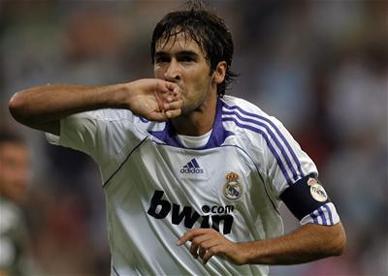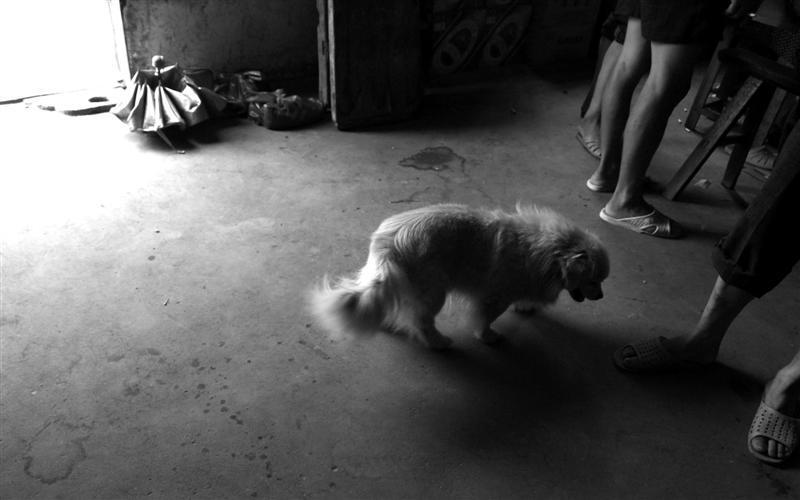| What makes the prices hike, meat or currency? | |
|---|---|
| Apr 1, 2008 01:57 | |
 | Many reports have revealed that people in China have complained the hiking prices too much since their salaries haven't increased with the soaring prices and CPI. However, what makes the prices hike? These analysts and economists have different opinions. Since the pork price has surged and the supply even was insufficient during some time, some people attribute that the hiking prices is driven by the supply of meat. Other people argue that the excessive money in circulation is the main cause because China faces inflation risk. Whom do you agree with? Article from Economist: Sweet and sour pork“怪味”猪肉 Mar 13th 2008 From The Economist print edition Are rising prices in China driven by the supply of meat or money? IN A country where bouts of inflation have triggered social unrest, the jump in China's inflation rate to a 12-year high of 8.7% in February is cause for concern. But economists are sharply divided on the cause of this inflation and the degree to which policy needs to be tightened. The People's Bank of China (PBOC) is expected soon to lift interest rates and banks' reserve requirements once again. Some people fear a repeat of 1987-88 or 1993-94 when high inflation forced the government to tighten monetary policy sharply, causing a hard economic landing. One difference between today and previous surges in inflation is that the increase over the past year has been caused mainly by food prices, which jumped by 23%. Vegetable prices are 46% higher than a year ago, pork is 63% dearer. The impact of various supply shocks, notably blue-ear disease which killed thousands of pigs, were aggravated last month by the worst snowstorms for 50 years, damaging crops and disrupting transport. Non-food prices rose by only 1.6% over the past year. In 1994, by contrast, non-food inflation hit 20%. To the extent that food prices have been pushed up by one-off supply factors, they should flatten later this year, causing inflation to fall. If so, it is argued, there is no need to slam on the brakes. Moreover, higher interest rates would do little to curb food prices. Some policy makers also worry that if China raised interest rates sharply at the same time as America is cutting them, this would attract bigger capital inflows and the extra liquidity could actually worsen inflationary pressures. |
| Apr 1, 2008 01:57 | |
 | Indeed, some economists believe that excess money is already partly to blame for rising inflation. In the past there has been a tight correlation between China's inflation and money-supply growth. Monetary growth surged before both bouts of inflation in 1987-88 and 1993-94. In 1993 the annual rate of growth of the M2 measure of money hit 40%. Today it is less clear that the money supply is out of control. Over the past year M2 rose by 17.5%, not much faster than the average during 1998-2003 when prices were flat or falling. But Hong Liang, an economist at Goldman Sachs, reckons that the M2 measure of money understates the amount of liquidity sloshing around in China. She prefers M3, a broader measure, which includes deposits in non-bank financial institutions and securities issued by financial institutions. According to her calculations, M3 growth has risen sharply since 2005, from around 15% to 23%. This suggests that higher inflation could prove to be more persistent and spread from food to other goods and services, requiring the PBOC to tighten by much more. But another difference between today and previous bouts of inflation is that in the past rising inflation went hand-in-hand with a widening current-account deficit—a classic symptom of overheating. Today China has a huge surplus. This offers another tool to fight inflation: a more rapid appreciation in the yuan alongside a modest interest-rate rise could curb imported inflation and cause less harm to domestic demand. Indeed, this is something that most economists can agree on regardless of what is driving inflation up, a stronger yuan would help to pull it down. |
| Apr 13, 2008 21:02 | |
 | A stronger yuan may help. However, we have to note that the inflation problem is global -- decreasing food and petroleum supplies (both of which are not necessarily independent) are driving up the costs of basic goods, which are used to calculate inflation rates. Yes, monetary policies and other superficial manipulations can help curb inflation, but larger issues need to be addressed to ensure stable prices long term. These include global warming, lack of alternative sources of energy, and, on the cultural side, rapid growth in consumerism. Do note that fiscal managers, who play commodities and currencies game, do prefer these rapid upward movements in prices and exchange rates--that is when they can make the big $$$. |
Post a Reply to: What makes the prices hike, meat or currency?






 Copyright © 1998-2026 All rights reserved.
Copyright © 1998-2026 All rights reserved.